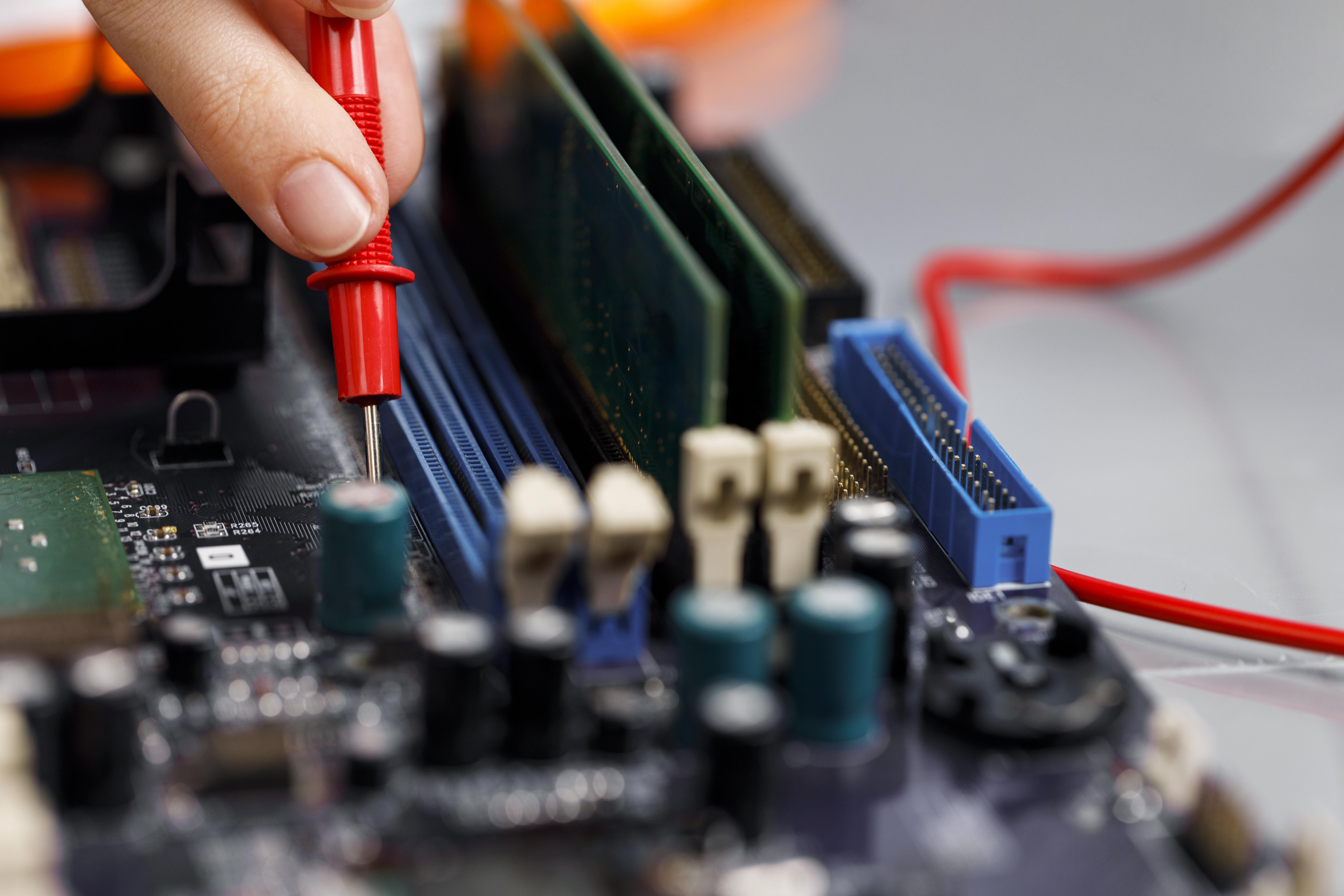New white paper released on repair in the circular economy
On Nov. 13, the white paper "Repair in the Circular Economy - European legislation, product design and business models" was published. This is a joint publication of the Leiden-Delft-Erasmus Centre for Sustainability and the Faculty of Industrial Design at TU Delft.
This article previously appeared on www.duurzaam-ondernemen.nl. Image: stock photo.
In addition to insights from scientists from various fields, the publication also includes interviews with entrepreneurs and managers and contributions from the Consumers' Association and Techniek Nederland. The launch took place at the Meet-Up "From disposable economy to repair society" in Delft.
The reason for the paper is a package of directives around consumer product repair that the European Commission is currently working on, including Right to Repair.
Fifty years ago, it was common to repair objects. Vacuum cleaners, telephones and washing machines lasted a long time and represented a high value. With increased prosperity, the habit of repairing has disappeared, among consumers and manufacturers. What no longer suffices is more quickly discarded and replaced.
A growing group is asking how this can be done differently. What does a world look like where we repair consumer products instead of discarding them? What mechanisms perpetuate the culture of discarding? What can we do to make repair attractive again? Will the new European directives Right to Repair and Ecodesign make a difference?"
The white paper 'Repair in the Circular Economy: European legislation, product design and revenue models' explains all these questions and the opportunities and challenges of repair from different angles. Conclusion: 'Improved repairability requires an integrated design approach that includes the product, legislation, new business models and consumer education.'
